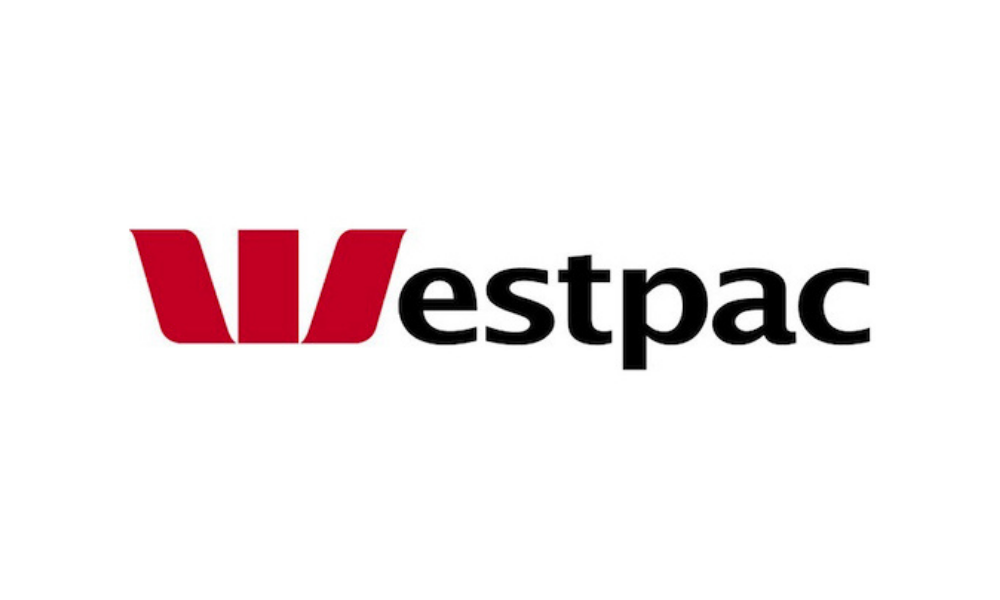Hours extended as customers grapple with high inflation, rising interest rates, and falling house prices

Westpac is planning to extend branch opening hours as customers face a tough year of high inflation, rising interest rates, and falling house prices, said Catherine McGrath, Westpac chief executive.
McGrath said she hopes the plan will revitalise the bank’s languishing net promoter score (NPS), which is the lowest of the big five banks. NPS measures the net likelihood of customers recommending an organisation to other people.
“We can see customers are looking ahead into what looks like a quite challenging year with inflation and interest rates going up,” McGrath told Stuff. “In the next month, we are going to move to extended opening hours for 74 of our 114 branches. That means the doors will be open for 300 hours more per week across the network.”
Westpac’s NPS was just 10 in March, compared to 23, 27, 31, and 38 at the other big banks. NPS is calculated by subtracting the proportion of customers who are known as “detractors,” who score it six or lower on a scale of 0-10, from the proportion of “promoters,” who scored it with a nine or 10.
Read more: Westpac reveals low NPS – chief executive “not happy with that”
The Westpac leader said increased face-to-face banking had resulted in Westpac’s NPS increase in the agricultural and institutional lending sectors.
“What we are hearing from them is they want to spend more time in conversations with great people who can help,” McGrath told Stuff.
Westpac reported a 9% lift in cash profit of $635 million for the six months ended March 31, but a 5% drop in after-tax profit of $497 million, which was due to the bank having reversed provisions on loans it no longer expected to make losses on in the previous six-month period.
McGrath said the bank’s customers remained resilient despite a changing economic outlook.
Read next: Big changes ahead for NZ's professional services sector – Westpac
“Six months ago the housing market was still reaching its peak, the Omicron variant hadn’t emerged and there was peace in Europe,” McGrath told Stuff. “We’ve seen a real shift in trends since then, including significant growth in inflation. Most of our customers are adjusting well to the changing outlook and the economy remains strong. But some households and businesses will be feeling the pinch from rising costs, especially those that have already had their incomes disrupted by COVID-19 during the past two years.”
Home loan lending rose 7% and deposits 6% compared to the same period the previous year.
“House prices have started to come off their peak and our economists expect them to fall further before flattening,” McGrath told Stuff. “Generally speaking, this trend shouldn’t worry recent home buyers who are in it for the long haul, and will give breathing space to first-home buyers who are exploring their options.”
McGrath said the bank got a one-off $126 million boost from the sale of Westpac Life.
Read next: Westpac NZ CEO on life insurance sale
But a significant write-back in impairments that had boosted the result in the prior comparative period – when the bank posted a 98% profit rise – had not been repeated.
Funds under management in Westpac’s KiwiSaver scheme rose 8% year-on-year, to $9.3 billion, but its average balance dropped by 1% to $22,069. McGrath said the result was driven partly by an influx of new members who were transferred over when Westpac became a default scheme.
After a Reserve Bank report criticised Westpac board’s failures, the bank overhauled the board, and tightened risk management processes.
“We have put a lot of focus and resources into risk, technology and regulatory compliance,” McGrath told Stuff. “We commissioned independent reviews of our liquidity risk management and risk governance, as required by the Reserve Bank of New Zealand and are progressing well on fixing issues in these areas. At the same time, we have a number of new faces on our refreshed board and executive, and it’s exciting gaining those new perspectives as we look to the future.”



